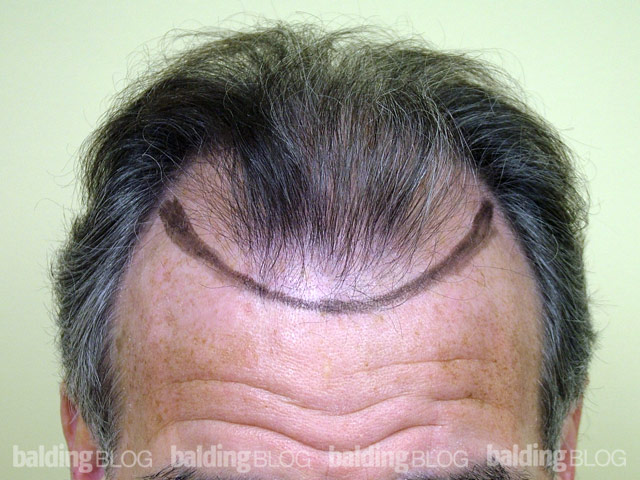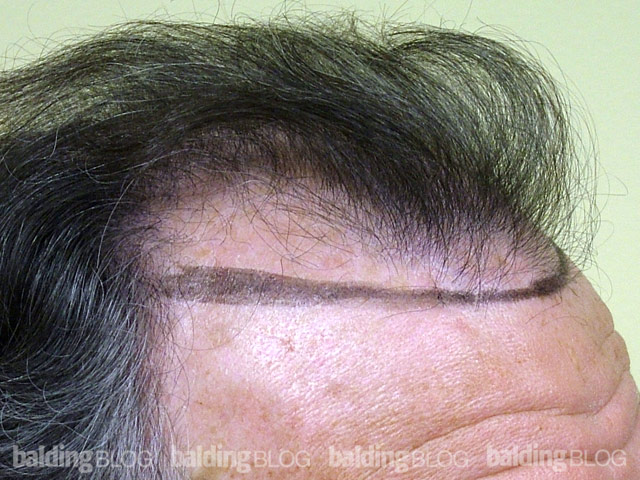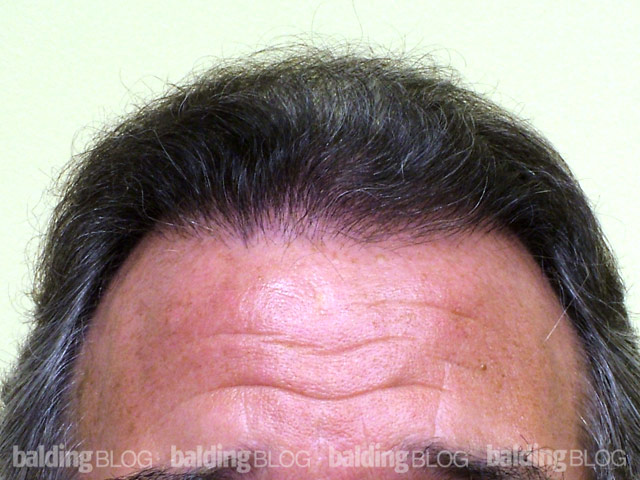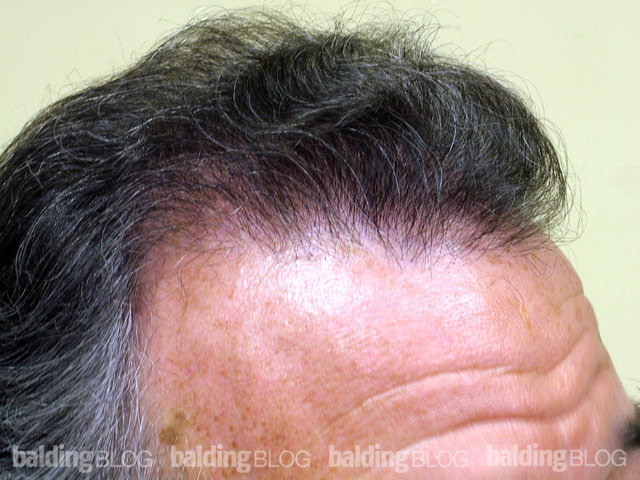Hello Dr., I have been using minoxidil lotion for two months now. I do not suffer from any systemic side effect as yet. BUT, every time I apply it I have noticed that I ,almost immediately, with in minutes experience a little bit of strain on the skin under my eyes. When I look in the mirror it appears that I have developed dark circles. With continuous use I notice fine lines and dryness on my face. Now to avoid this I have started applying the lotion in supine position while rubbing the tip of the dropper on my scalp. I stay in that position at least for next 20-30 minutes. This is to make sure not even a trace of medicine flows down on my face. But still I have the same sensation on my face. All these effect however disappear even if I discontinue the medicine even for two days. This has been a repeated experience. Any comments?!! Do other patients also complain about the same problem?
This is the first time I have heard anyone report this. I can not understand it unless the medication is actually landing on the skin of your face or around the eyes. There are reports of local skin reactions to minoxidil that ‘irritate’ the skin. Some of the medication can be absorbed through the skin and drop the blood pressure a little and this is a transient effect that does not last long. Maybe this medication is not worth the trouble it is causing you. Clearly if you stop it, it goes away. Is there are real benefit worth the problems you are experiencing?




